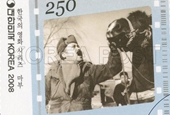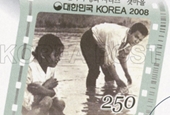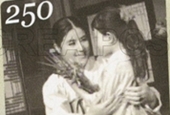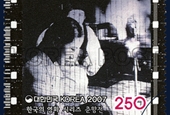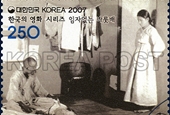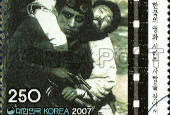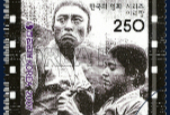- 한국어
- English
- 日本語
- 中文
- العربية
- Español
- Français
- Deutsch
- Pусский
- Tiếng Việt
- Indonesian
The second series of Korean film stamps issued by Korea Post in 2008 contains four representative films from after liberation, from 1945 through to the 1960s. This single sheet of stamps includes "Mother and the Guest" (1961), "The Seaside Village" (1965), "The Coachman" (1961) and "The Wedding Day" (1956). Continuing with this series of articles, please find below an introduction to the movie,
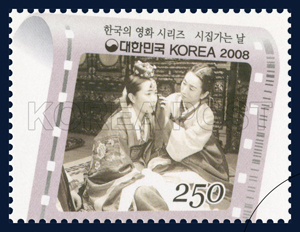
The Wedding Day (1956), by director Lee Byeong-il. (image courtesy of the Korea Post)
"The Wedding Day" (1956), directed by Lee Byeong-il
The film "The Wedding Day," released in 1956, is based on the famous original play "Maeng-jinsa daek Gyeongsa" published in 1942 by Oh Young-jin. Up until today, the play has been a popular inspiration and has been made three times into a motion picture.
In an age where social class still prevailed, the official-in-name-only, Maeng-jinsa, is delighted to know that his daughter's engagement to a high official, a panseo's son, has been successfully arranged.
However, the groom's family wishes for a true union between the families and subjects the bride's family to a test. A rumor is spread on purpose by the groom's relatives that the groom has a limp. It reaches the ears of Maeng-jinsa and he decides that he cannot send his daughter to a person with a disability. Wealth and honor is great, but having his daughter become the care-taker to a son-in-law with a disabled leg is just not worth it. He sends the servant, Eebeunee, to marry in his daughter's stead.
On the day of the wedding, unlike the rumors, the groom has no disability and is a man not lacking in any aspect. Eebeunee is already dressed in official attire in the place of the master's daughter and weds the panseo's son to live happily ever after.
The original play, "Maeng-jinsa daek Gyeongsa," critiques the out-dated customs of social class and marriage using humor and satire. It was first staged in 1944 and the play has been translated into French, too.
The movie cast includes Kim Seung-ho, who also starred in the film "A Coachman," Jo Mi-ryeong and Choi Hyun. The film was awarded the special comedy award at the 1957 Tokyo Asia Film Festival, a first for Korean cinema.
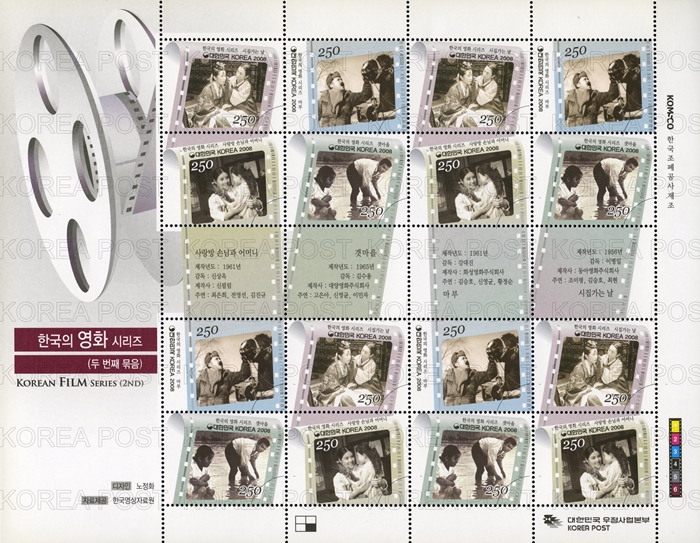
In 2008, Korea Post came out with its second series of Korean film stamps. It features 'Mother and the Guest,' 'The Seaside Village,' 'The Coachman' and 'The Wedding Day.' (image: Korea Post)
For a video introduction to the Korean film stamp series, please click here.
To watch "The Wedding Day," please visit the YouTube channel of the Korean Film Archive. http://youtu.be/r-vWPHzI7ZI
By Paik Hyun
Korea.net Staff Writer
cathy@korea.kr
